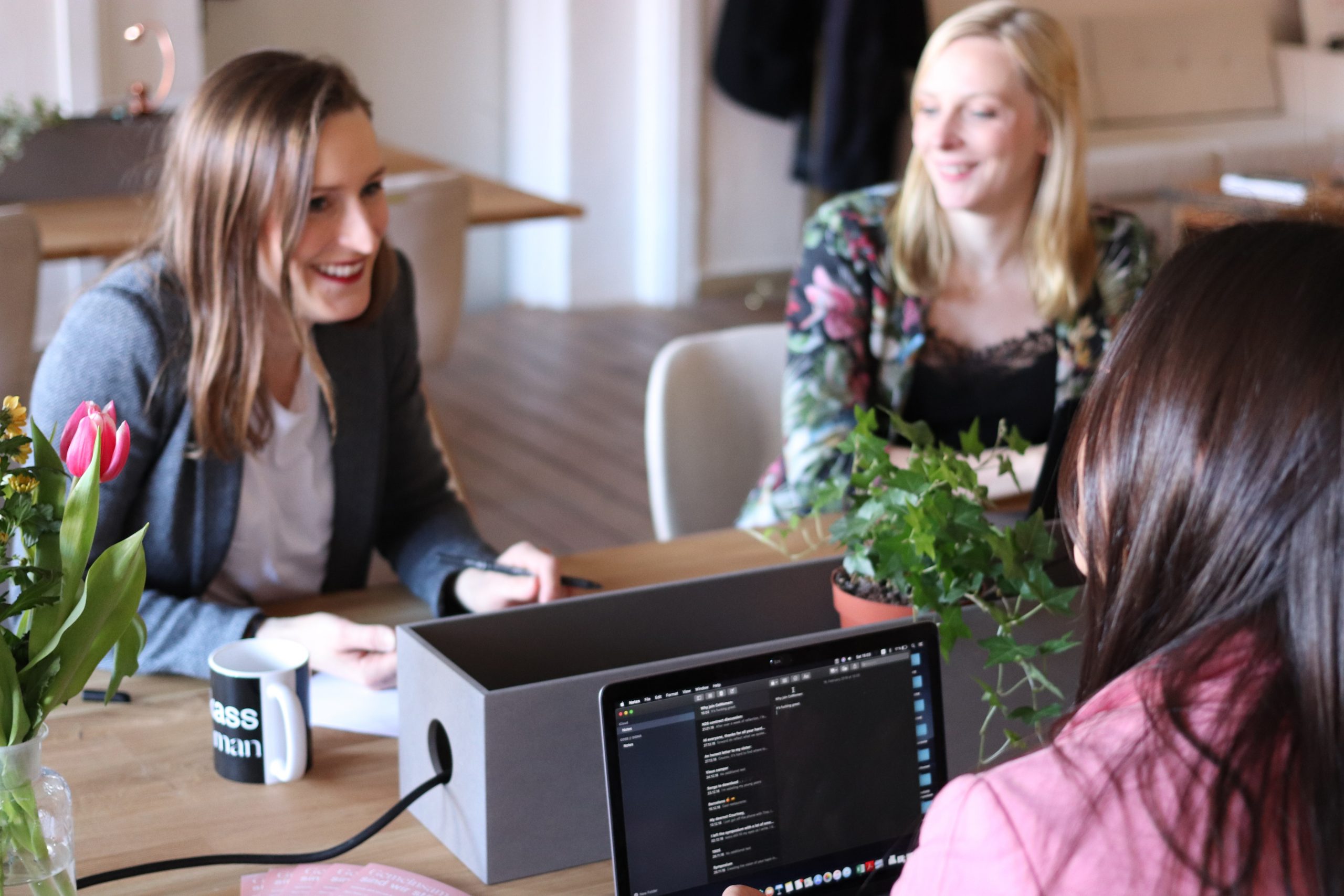My fellow project members suggested that we should have a post on international women day highlighting the importance of the day in the context of M-Sec. Challenge accepted. Let me start with a disclaimer related with personal life. The chain of command in my family is as follows: Daughter, Son, cat (female), wife, dog (male), myself. As you can see, I am fully aware of the decision power and the order of precedence of females vs males.
Do we need to celebrate International Women day in M-Sec? Yes. Do we need to implement changes in M-Sec to address any of the traditional issues women face in employment environment? No! Vanessa and Keiko will let you know why.
Before we dig deeper, let me give you some background. M-Sec is as collaborative project between EU and Japan funded by the European Commission and Japan (https://msecproject.eu/about/). The project is led by Vanessa Clemente, Worldline Iberia SA, Spain in the Europe, and Keiko Doguchi, NTT East in Japan, they will introduce themselves later. My name is Antonio Damasceno, Software Engineer and Project Manager, acting as dissemination coordinator of the project.
M-Sec and as well as other research projects are probably part of a niche where women have equal opportunities and salaries as men. But make no mistake about it, this is not a won cause. In our domain, ICT, there are male actors defending the idea that measures targeting the promotion of gender balance are discriminating against males and should be abolished. Before I continue
let’s hear from Vanessa and Keiko.
@Antonio: Vanessa and Keiko, can you please define in a sentence you and your role in the project?
@Vanessa: Sure! I am a Spanish living in Barcelona with a bachelor’s degree in Business Administration, and Master’s degree in Global Management. I have been working for the IT sector since 2015. I joined Worldline in 2018 and immediately it was given to me the opportunity to take the role of European Coordinator for the M-Sec Project. One of my main functions is to monitor progress of the project to achieve successfully the expected results.
@Keiko: Hi, I am one of the members in NTT East who is M-Sec JP coordinator. I am hired by NTT East only for this project. This is the third EU-Japan joint R&D project for me to get involved as a coordinator. Previously, I was working for a business consulting firm based in Los Angeles, bridging business between Japan and the US as a project manager. Our main role in M-Sec is to manage the project overall to achieve the goals with great collaboration between EU and Japan.
@Antonio: How much is your family dependent on you? Is your family a second job?
@Vanessa: For now, my parents are still independent, so I haven’t had too many difficulties or issues to deal with it. However, the company I work for, gives employees flexibility to combine both worlds by applying measures that boost family life reconciliation. For example, the possibility of working from home prior agreement with the person in charge, flexible schedule, among other measures.
@Keiko: I work with no difficulties related to family issues because I live by myself for now. My family is in Los Angeles and my kids are old enough to take care of themselves, so even if I lived with them, I don’t think I would have any problems to work. I had stayed at home before my kids started going to elementary school because it was hard to manage to work and to take care of little kids at the same time, and unfortunately preschool was expensive in LA. I chose that way because I thought taking care of family is the most important role for me at that time. However, I sometimes felt left out from society, but I also think that it was valuable experience as a woman. I am trying to create suitable environment and rules for working mothers in our company from my experience.
@Antonio: In your work environment do you think men and women have the same opportunities and payment?
@Vanessa: I think there is still a lot of work to be done to achieve gender parity in terms of professional opportunities and salary. On what it concerns to me and in my current job, since I joined Worldline in 2018, I have received the same opportunities than my colleagues. I never found that for being women I have less chances to grow professionally. Worldline is a company committed to equality, with an equality plan that includes more than 50 actions to be taken before 2023.
@Keiko: There is no difference in opportunities and payment in our company between men and women because the company I belong to is SME, I think. I take pride in playing a part in building the organization this way. However, there are still gender gaps among large companies in Japan. For example, if women take a maternity leave, it will affect her carrier. I don’t think there is a perfect evaluation system, but if they just change the evaluation factors for women, it will make society one step forward to solve the problems of declining birthrate and gender gap.
@Antonio: What is the order of magnitude of males and females in the EU and JP teams you coordinate?
@Vanessa: Despite the increasing tendency of women participation in R&D, in the last ten years, the gender gap is still quite obvious. However, I am proud to see that the representation of the M-Sec project is led by two females having the role of project coordinators. In terms of European partners from the M-Sec project, at the end of year one of the project, the proportion of males vs females were 65% vs 35% respectively. All the M-Sec partners and their organizations are fully aware of the importance of gender issues. As European coordinator, one of my objectives is to monitor and promote equal opportunities and a balanced participation of women and men at all levels within the frame of M-Sec.
@Keiko: I agree with Vanessa.
@Antonio:Do you think that M-Sec reflects the overall structure of the research environment in terms of females in leading roles?
@Vanessa: No, I don’t think so. Unfortunately, the number of women researchers is still quite low. One of the actions that should be taken for example by the educative sector, it is to focus on creating a good environment to promote, support and boost women in Science and Engineering fields and break down with the stereotypes.
@Keiko: I agree with Vanessa.
@Antonio:Why do you think we must celebrate the International Women Day?
@Vanessa: I think we should celebrate it every day and reflect how far women have come and what it is still needed to do for breaking down barriers and achieve equal rights and opportunities. All of us, from
companies to man and women, no matter age, have the chance to take action and help to forge a more gender equal world.
@Keiko: While there are various genders recognized as well as men and women, it is not good to judge by gender or have a prejudice based on gender. However, there are strengths and weaknesses due to gender differences, so it should not be confused with them. Women have historically been subjected to such gender discrimination, but now there is a situation where other genders are undergoing meaningless discrimination. By celebrating International Women’s Day, it is important that everyone has the consciousness of reviewing its history and building a society without such gender discrimination.
As husband, father of one girl, and one boy, and uncle of 3 girls, all with very different interests from natural sciences to arts and engineering I am aware of the challenges that the young ladies face when arriving to the labor market. But it is just one of the dimensions where we can to act. In general men can help so much more at home and in children’s education for example. I do my part in changing the status quo, do you do yours?
Thanks to @cowomengermany for making this photo available freely on @unsplash ? https://unsplash.com/photos/cKQkMFzXHAI?utm_source=twitter&utm_medium=referral&utm_content=creditShareLink


